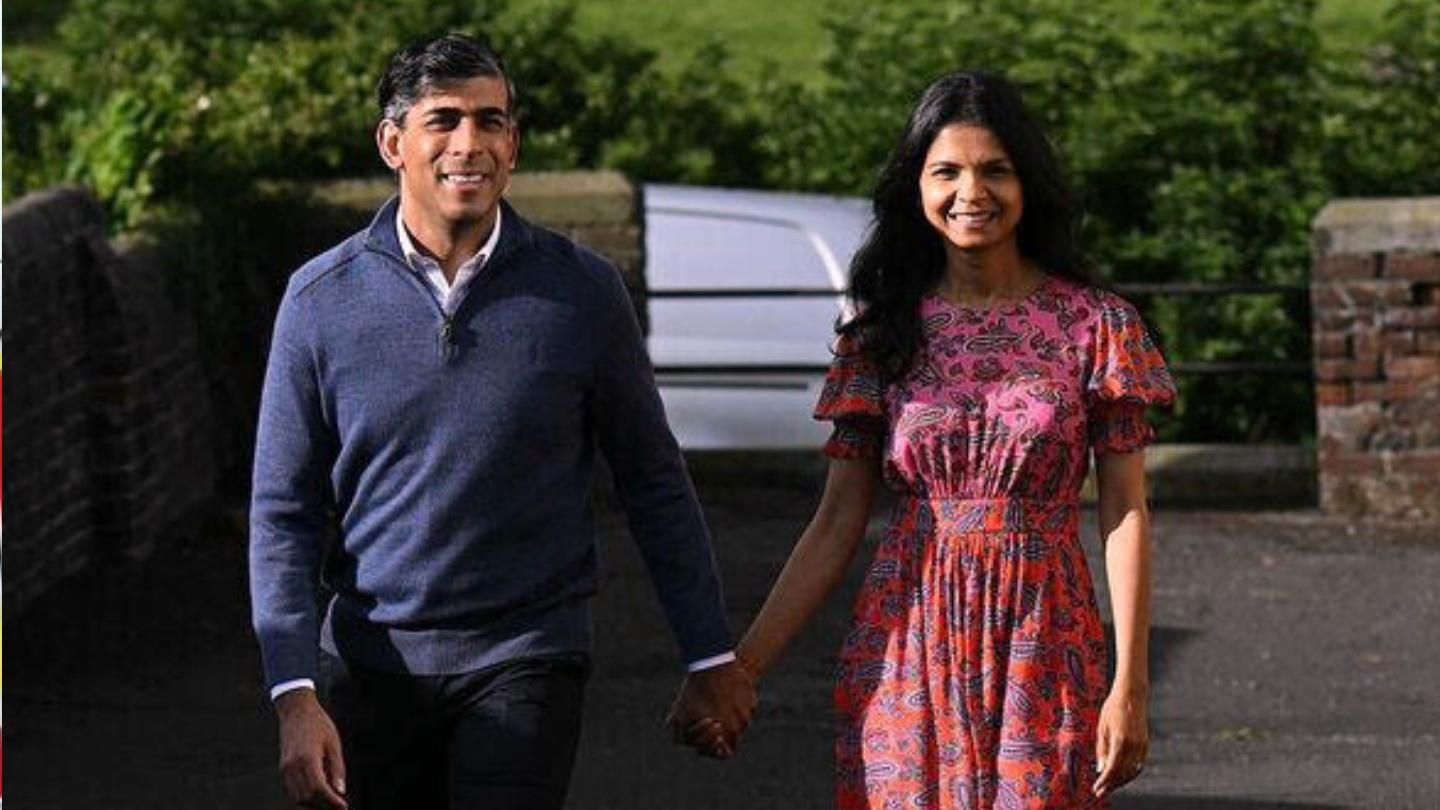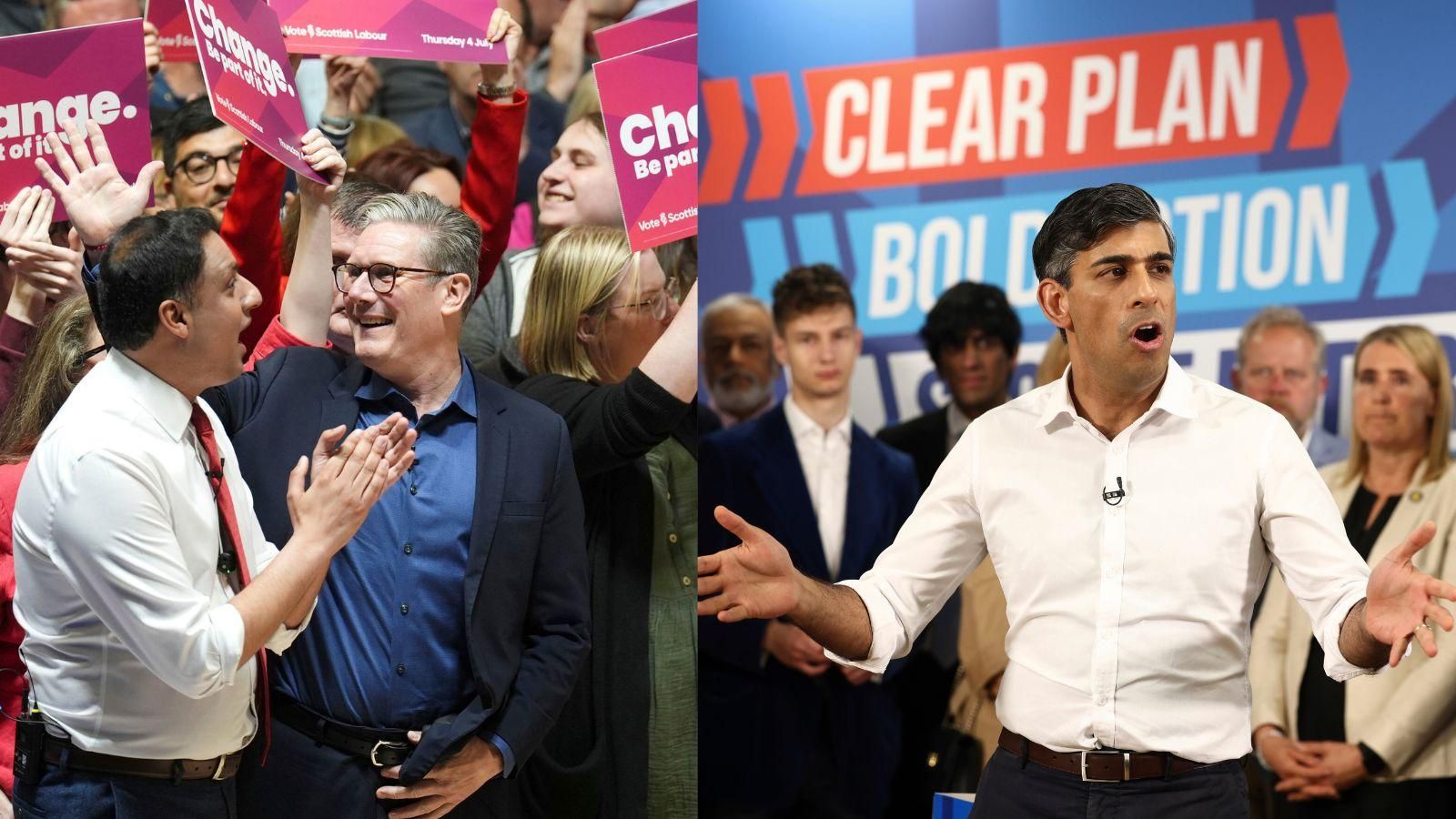All voters who wish to cast a ballot in person for the general election on today must have a valid photo ID.
Anyone without the correct ID will be turned away.
What are the voter ID rules?
Since May 2023, voters have had to show a valid form of photo ID at polling stations to vote in person at most elections.
The rules apply to:
- UK general elections
- all local elections in England, including those for mayors and the London Assembly
- all local referendums and parliamentary by-elections in England
- police and crime commissioner elections in England and Wales
There is no need to show ID if voting:
- for the Scottish or Welsh Parliament
- in local elections in Scotland or Wales
Voters in Northern Ireland have had to show photo ID since 2003.
What documents can you use as photo ID?
There are 22 acceptable forms of ID to vote in person in England, Scotland and Wales, including:
passports driving licences older or Disabled Person's bus passes Oyster 60+ cards
- passports
- driving licences
- older or Disabled Person's bus passes
- Oyster 60+ cards
You can use out-of-date photo ID as long as you look the same.
If you wear a face covering, such as a medical mask or a veil worn on religious grounds, you will be asked to remove it briefly so polling station staff can check that your ID looks like you.
There are nine valid forms of ID to vote in Northern Ireland, including:
passports
driving licences
senior travel passes
war disablement passes
What if you don't have an acceptable form of ID?
You can exchange a paper driving licence for a photocard, or apply for a photocard travel pass if you are aged 60 or over, disabled or registered blind or partially sighted.
Alternatively, anyone registered to vote without the correct ID - or who no longer looks like their photo - can apply for a free document called a voter authority certificate.
However, the deadline to apply for one to use in the general election has now passed.
Voters in England, Scotland and Wales whose ID is lost or stolen after the deadline can apply for an emergency proxy vote up until 17:00 on polling day. Both they and their proxy - a person nominated to vote on their behalf - must already be registered to vote.
Voters in Northern Ireland who do not have the correct ID can use an electoral identity card, but the deadline to apply for one of these for the general election has also passed.
What happens if you can't show valid ID at the polling station?
If you go to the polling station without the correct ID, you will be asked to come back with valid documentation.
If you think your ID has been wrongly rejected, the Electoral Commission - which oversees UK elections - says you should notify the presiding officer at the polling station. If this does not resolve the issue, you can raise your concerns with your council's returning officer.
Polling station staff record how many voters are turned away, as well as the number who return with valid ID.
According to the commission, about 14,000 people were unable to vote in the May 2023 local elections in England as a result of the new rules. Equivalent figures for the 2024 local elections are not yet available.
Why do voters need photo ID?
When the photo ID rules were introduced, the government said it would stop votes being stolen, although that is quite unusual in the UK.
There were 1,462 cases of alleged electoral fraud reported to police between 2019 and 2023, according to the Electoral Commission.
Of these, 11 involved impersonation at polling stations. One resulted in a conviction and one in a caution, and the police took no further action in the other nine cases.
The Electoral Commission has called on the government to expand the list of accepted ID and to allow voters to cast their ballot without ID if another registered voter could vouch for their identity.
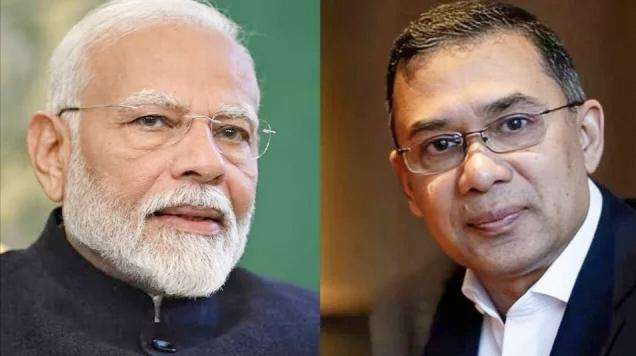
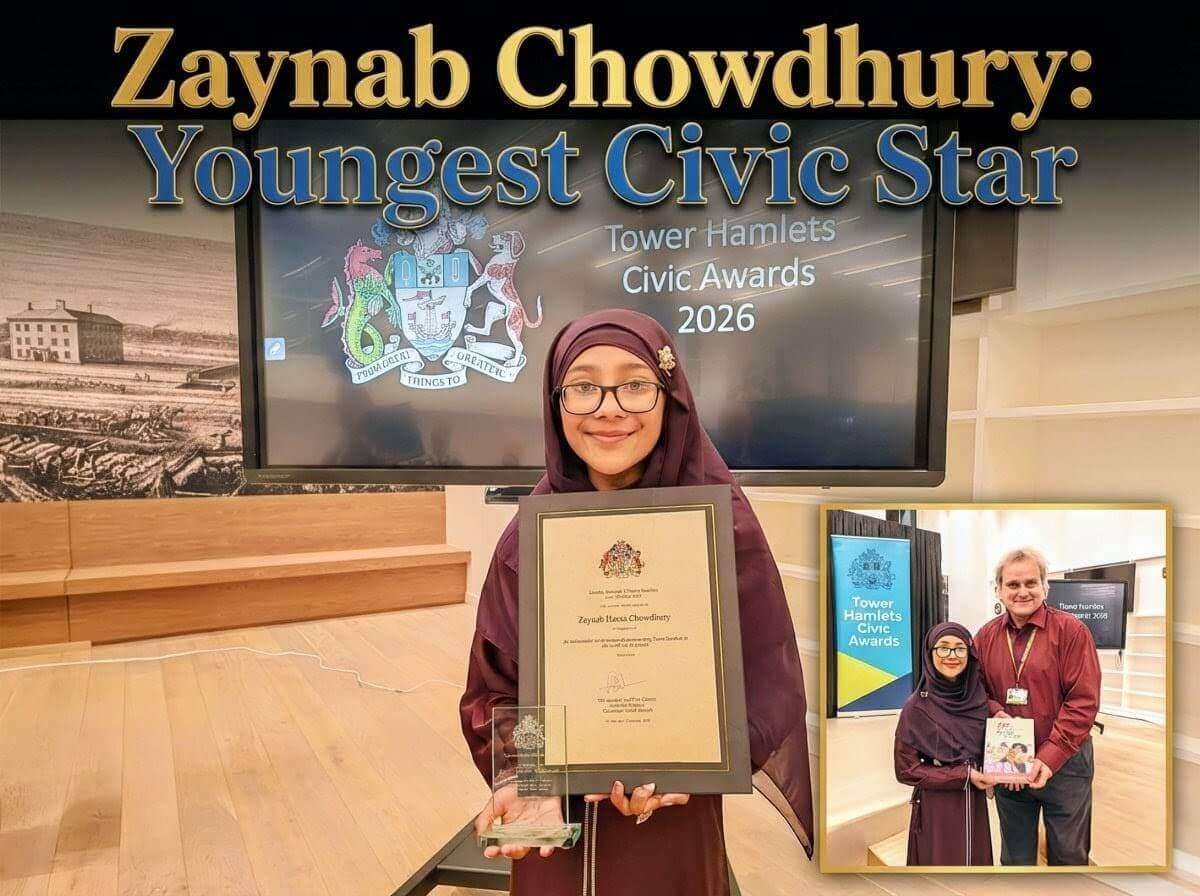

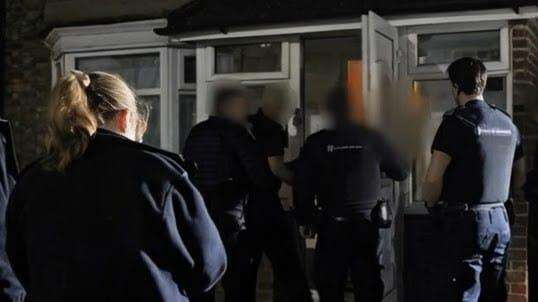



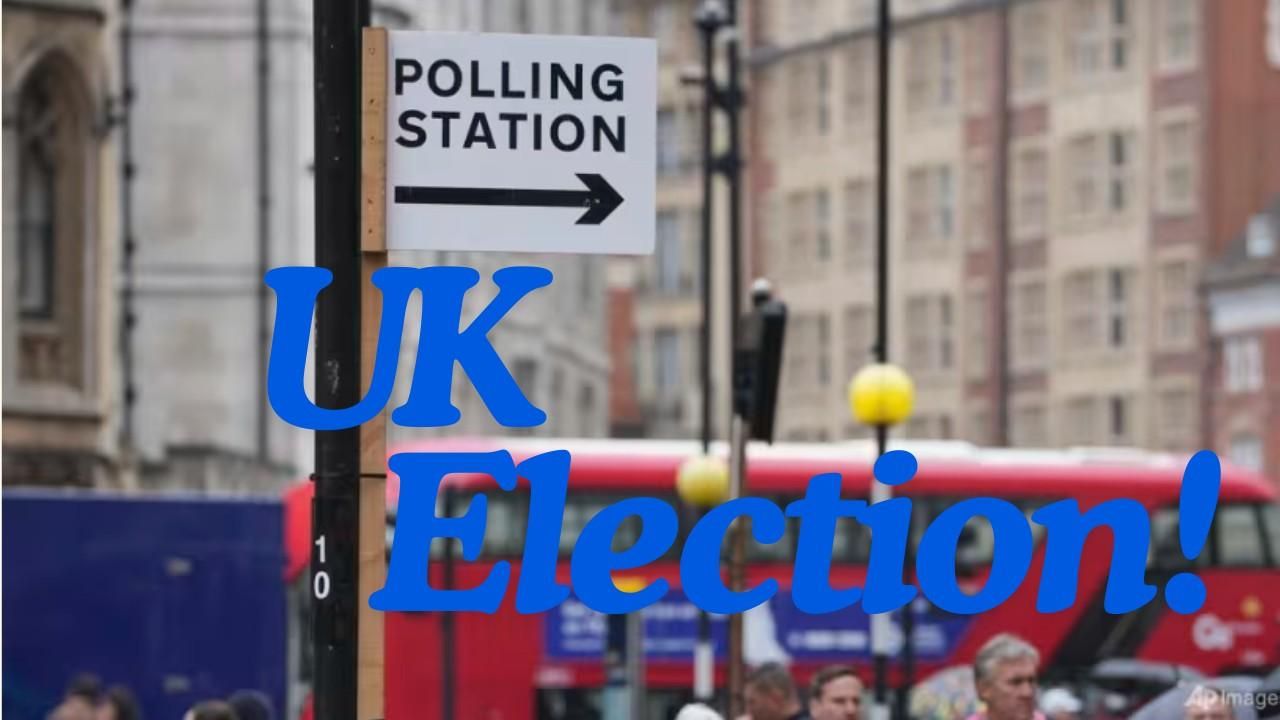
.svg)

